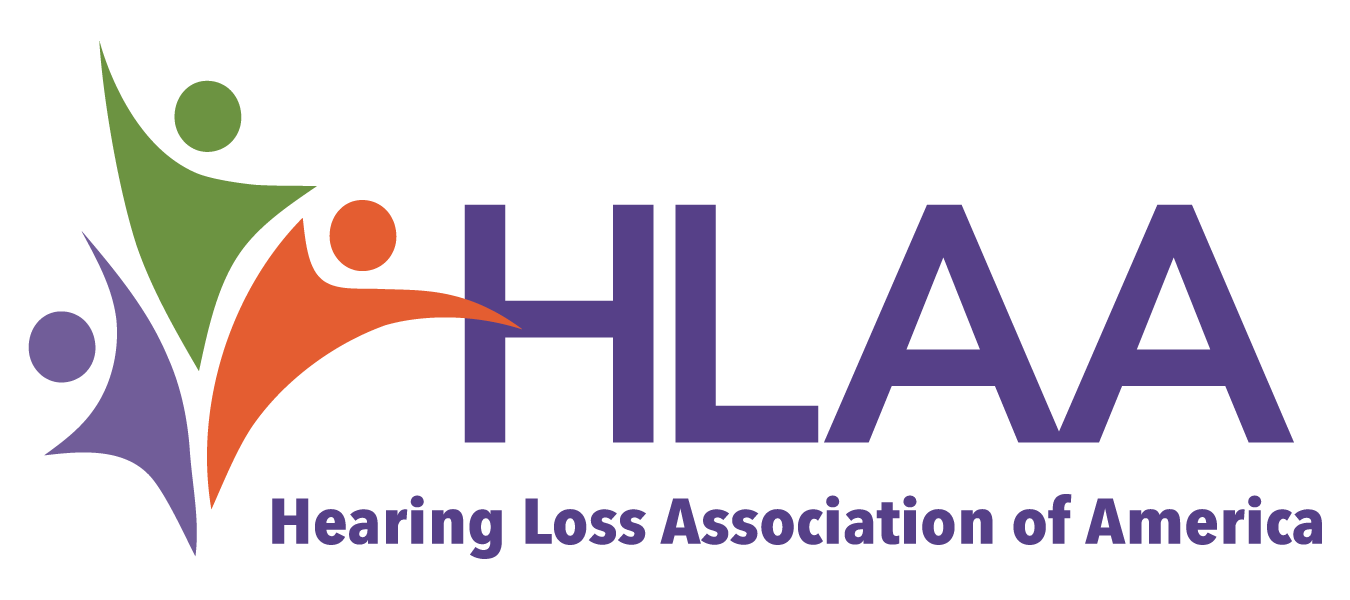Posted:
With advances in Artificial Intelligence (AI) and an increased focus on accessibility, the adoption of automatically generated captions for online video content has increased. We don’t know how much content has automated captions. However, we do know major video hosting platforms, such as YouTube, and social media platforms, such as Facebook, have widely adopted automated captioning technologies.
What do you think?
Should video hosting and social media platforms identify how the captions are generated for each video that is posted? - for example, whether they are:
auto-generated,
human-generated, or
human-edited
And if so, how should they let you know which way the captions for a video were generated?






Comments
Permalink
Submitted by Jane Hager on Thu, 04/04/2024 - 12:35 pm EDT
Yes.
It's important for the end user to know which they are receiving so that if there is a problem the one responsible for the accessibility of the information can be made aware. Identifying if it's AI, human or human edited could become symbols like CC - possibly CCAI, CCH and CCHE or included in the settings menu.
FCC already has a category for complaints about captions. This could be the means for holding producers accountable. Or, producers could be encouraged to have a contact where people could reach out to them directly if the user has a captioning problem. Maybe this is in their settings or noted on the screen as a video starts or ends.
Permalink
Submitted by Mary Jarrett on Mon, 04/08/2024 - 6:34 pm EDT
My first reaction was to say no, however, I like Jane Hager's idea.
Permalink
Submitted by Judy Alden on Wed, 04/10/2024 - 9:34 am EDT
Yes. Absolutely. Given the range and quality of caption providers, it is critical to identify how captions are generated. It enables meaningful feedback as well as accountability.
Permalink
Submitted by Judy Alden on Wed, 04/10/2024 - 9:34 am EDT
Yes. Absolutely. Given the range and quality of caption providers, it is critical to identify how captions are generated. It enables meaningful feedback as well as accountability.
Permalink
Submitted by Darleen Wilson on Wed, 04/10/2024 - 4:17 pm EDT
Simple answer: YES (Video hosting and social media platforms should identify how the captions are generated for each video that is posted. When you are reading captions, it is helpful to know how reliable they are. A lot of times they don’t make sense, and having the caption clearly identified as “auto-generated” tips you off to assess it with a more critical eye. It is pertinent information to have.
Use the actual descriptor rather than another acronym, so:
cc-auto-generated
cc-human-generated
cc-human-edited
On YouTube for instance, when you hover over the “cc” icon in the play bar, descriptive text that currently pops up indicates, “Subtitles/closed captions (c)”
It would be MUCH more informative (and take fewer characters) if it told you explicitly what type of caption is being presented.
Permalink
Submitted by Andrea Kaneb on Fri, 04/12/2024 - 4:18 pm EDT
Yes, I think disclosing how the captions are generated would help us achieve better, faster, more accurate captions. Letting us know how the captions are generated will help us trust the content more and manage our expectations. It could help us choose where to access content if given more than one choice and it could encourage higher-quality captions. It may even change people’s perceptions as AI continues to improve.
There should be a standardized way to convey this information. Perhaps an icon or the hover method with pop-up info as Darleen mentioned.